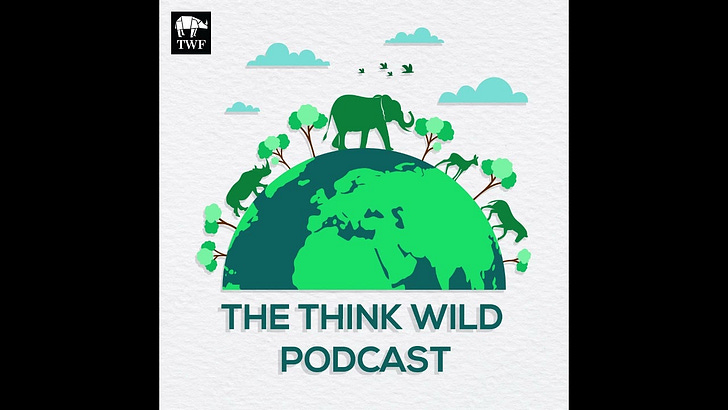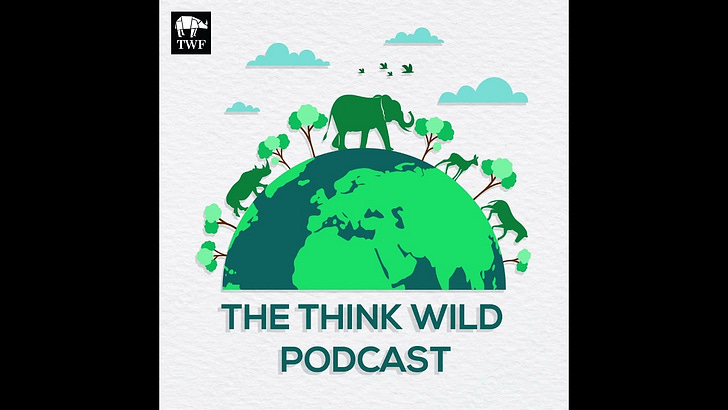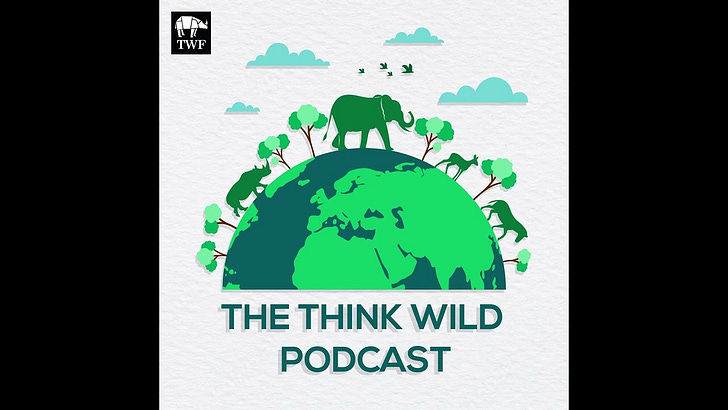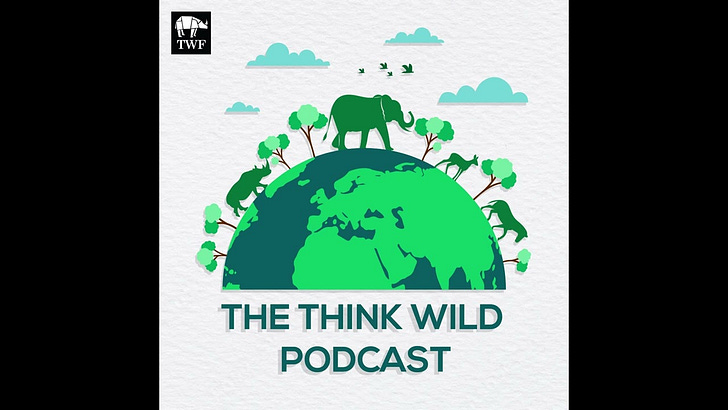In this episode of the Think Wildlife Podcast, we are joined by Suzanne Asha Stone, founder of the International Wildlife Coexistence Network, to explore the urgent and inspiring work being done to foster human-wildlife coexistence in an age of escalating human-wildlife conflict.
As global ecosystems teeter on the edge due to climate change, habitat loss, and biodiversity collapse, Suzanne sheds light on how coexistence-based approaches are revolutionizing biodiversity conservation and transforming our relationship with nature. From protecting wolves in the Rocky Mountains to reviving lion populations in East Africa, the network works globally to promote non-lethal solutions that benefit both wildlife and human communities.
We discuss:
Why human-wildlife conflict is one of the most significant threats to biodiversity
The growing global movement toward megafauna rewilding and ecosystem restoration
How projects like the Lion Guardians in Kenya and the Wood River Wolf Project in Idaho have successfully fostered coexistence between large carnivores and local communities
The ecological and socioeconomic impacts of rewilding wolves in Yellowstone
Why Indigenous and community-based stewardship is key to effective biodiversity management
How climate change exacerbates species loss through habitat mismatch and disrupted food chains
This episode highlights the intricate ecological links between soil, insects, birds, plants, and megafauna — demonstrating that protecting apex predators isn't just about saving iconic species, but about healing entire ecosystems.
Suzanne also talks about policy efforts like the Wild Carnivore and Livestock Non-Lethal Coexistence Act and the importance of tribal co-stewardship in conserving native species like bison, grizzlies, and wolves. Furthermore, she emphasizes the power of youth engagement and interdisciplinary collaboration through their International Wildlife Coexistence Youth Network and global expert councils.
If you're passionate about rewilding, ecology, megafauna, and the restoration of biodiversity, this conversation is a must-listen. It offers both inspiration and practical insights into how we can all participate in repairing our relationship with the natural world.
Support the movement: 30% of revenue from paid Substack subscriptions for this episode is donated to wildlife coexistence projects.
Learn more about the International Wildlife Coexistence Network and get involved through volunteering, donations, or community-based action.
Don’t forget to like, share, and subscribe to the Think Wildlife Podcast for more thought-provoking conversations on biodiversity conservation, rewilding, and the future of our planet.
#HumanWildlifeCoexistence #BiodiversityConservation #Rewilding #Ecology #Megafauna #EcosystemRestoration #Nature #WildlifeConservation #ThinkWildlifePodcast












Share this post